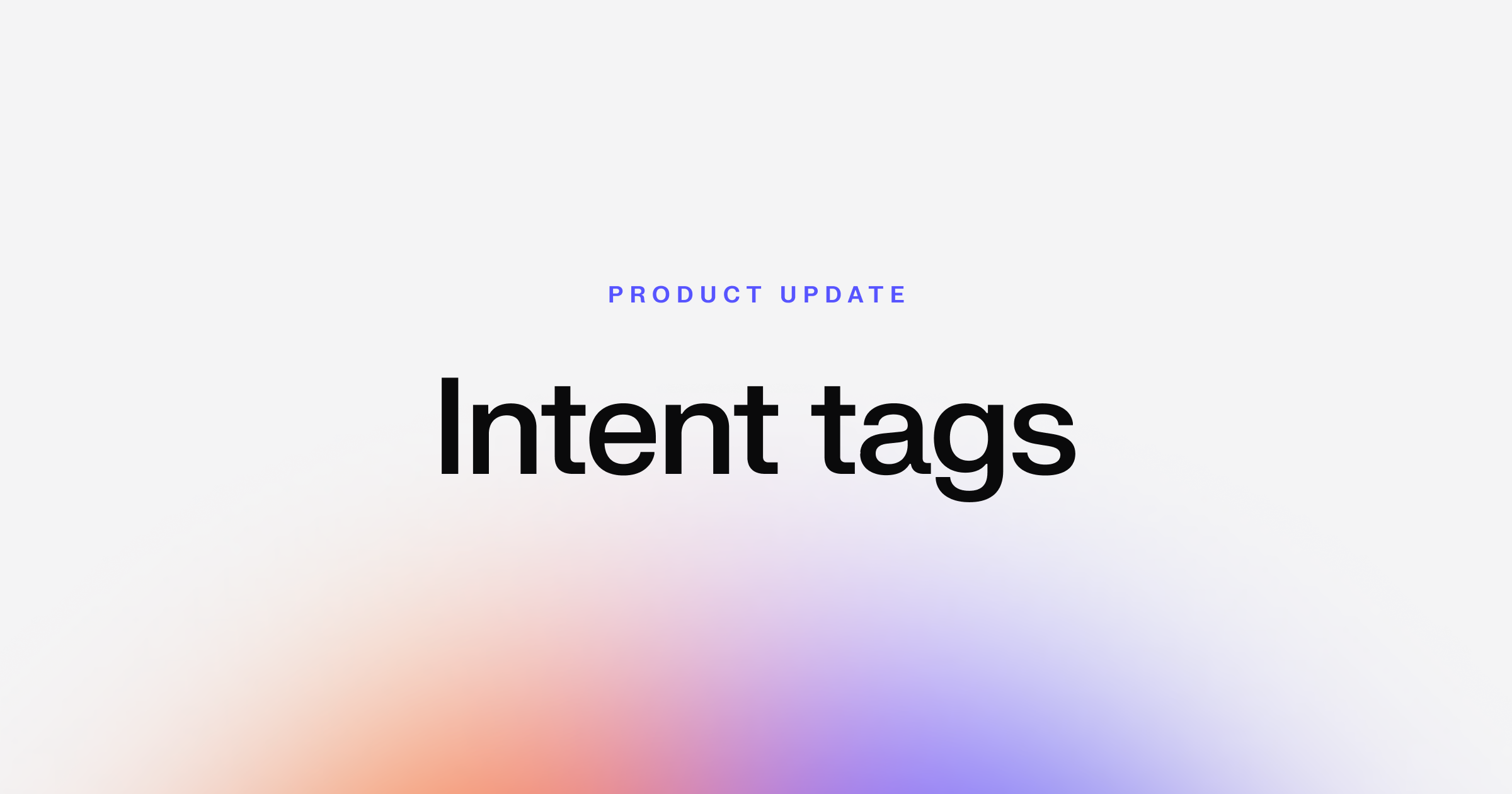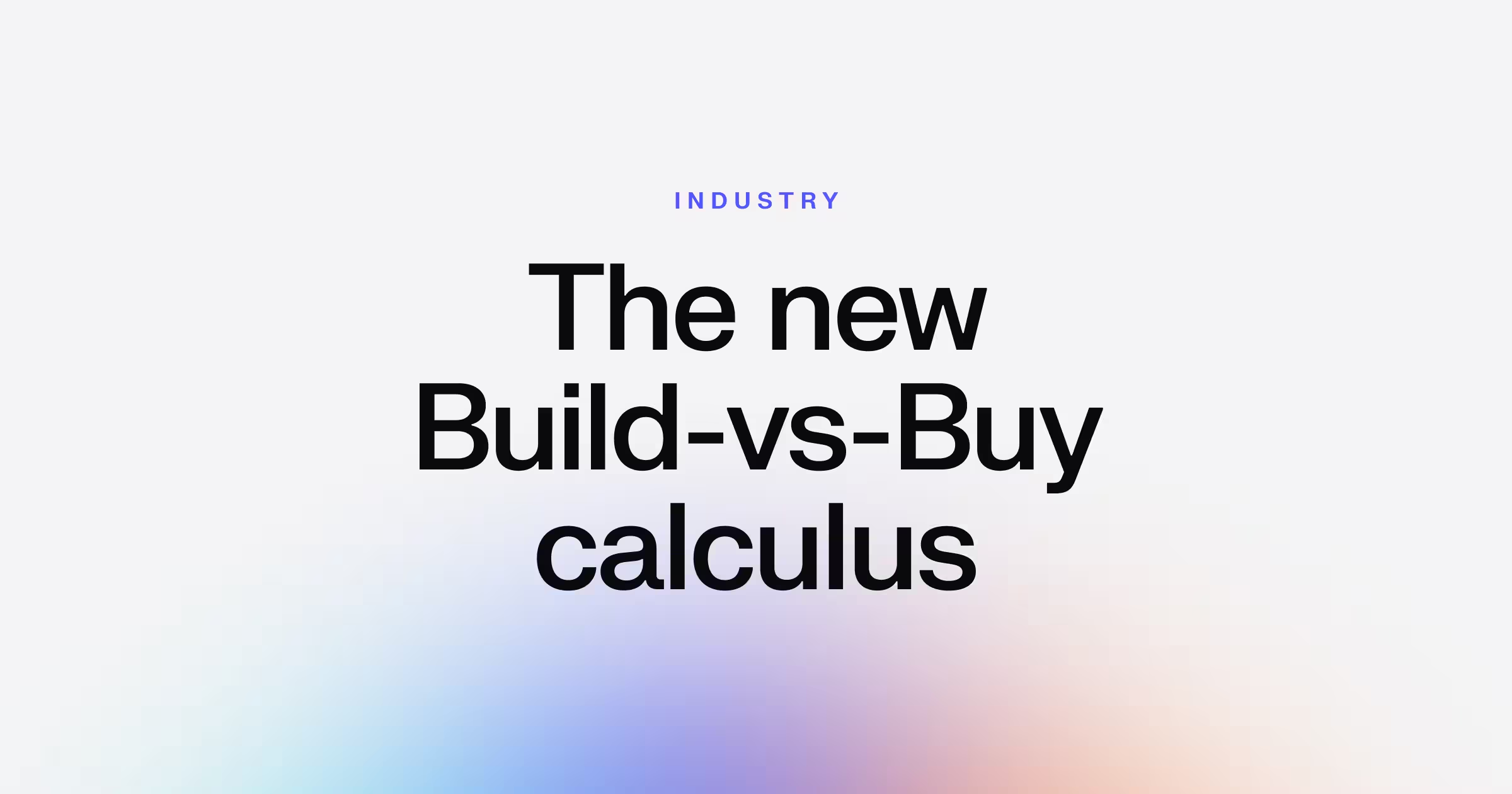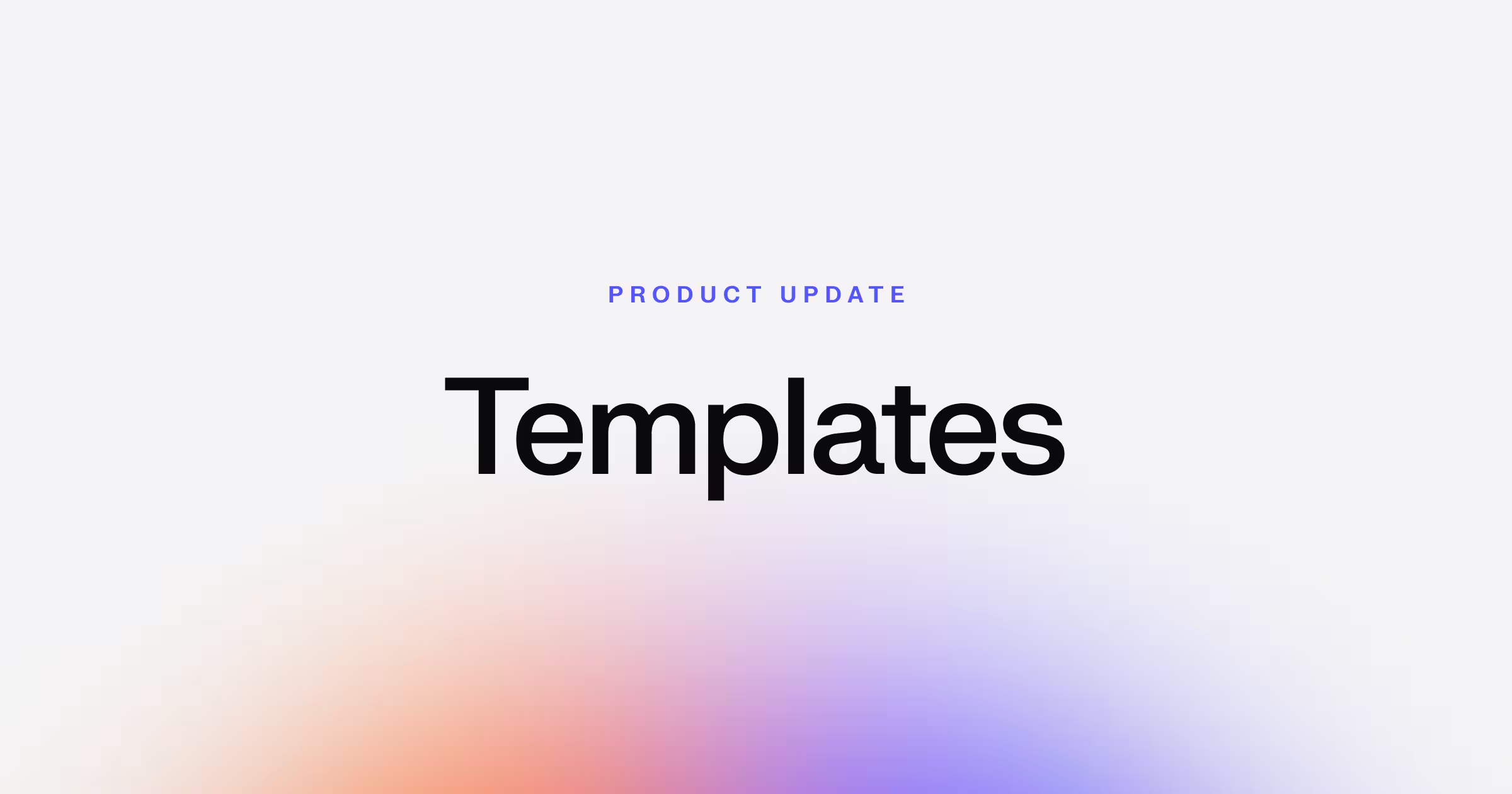Introducing Agent Versioning: engineering-grade governance for AI agents
Agent Versioning brings CI/CD discipline to AI agent development, so every change is tracked, tested, and deployed with confidence.
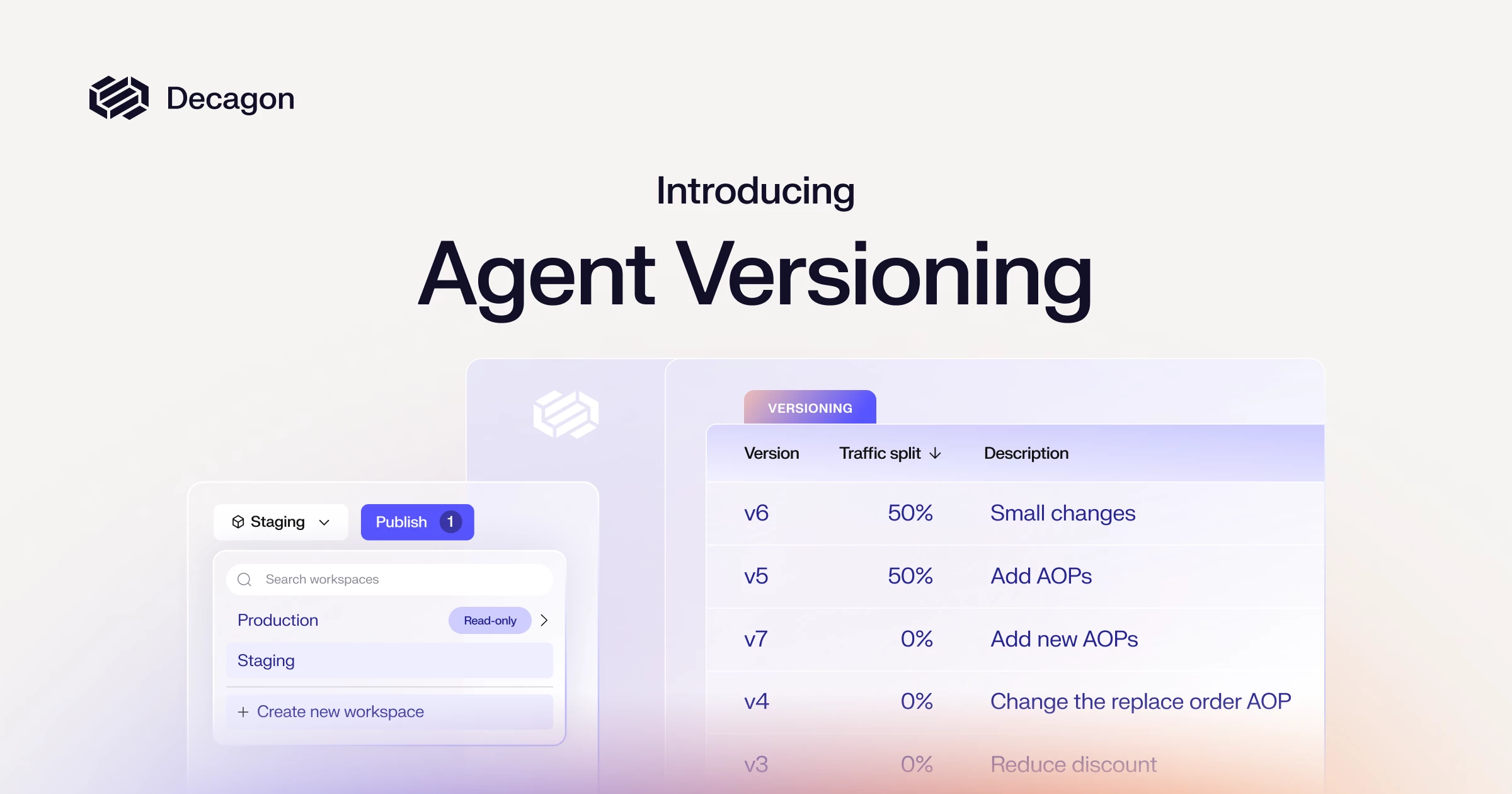
We’re excited to introduce Agent Versioning, a new approach that enables teams to safely and intelligently evolve their AI agents. The age of AI agents gives businesses a chance to rethink how company policies and SOPs are designed. Instead of relying on intuition, those same policies can now become measurable experiments. Every update to a brand and tone guideline, AOP, or tool can be tested, validated, and rolled out with precision.
With Agent Versioning, teams can experiment safely, track impact through live data, and deploy with confidence. For developers and technical leaders, it bridges two priorities that often conflict: the need for agility to ship improvements quickly and the requirement for governance to maintain stable production.
The foundation for controlled agent evolution
Agent Versioning introduces a structured, data-backed way to evolve AI agents while empowering teams to experiment, measure, and improve continuously. Technical teams can apply software development best practices to agent workflows, while non-technical teams gain visibility into how updates affect live conversations. It turns what was once a DevOps-only process into a shared system of record, so everyone involved in building, optimizing, and scaling agents can move faster with confidence.
With Agent Versioning, users can:
- Experiment safely across isolated Workspaces, editing and testing AOPs, tools, and guidelines without impacting your live agent.
- Version and validate with Git-based tracking and in-console controls, ensuring every change is traceable, reviewable, and reversible.
- Govern with confidence and enterprise-grade control, enabling structured reviews, auditability, and coordination across distributed teams.
Safe, Workspace-based updates
Agent Versioning builds on Decagon’s version-controlled foundation and applies CI/CD principles to ensure every AOP, tool, and guideline edit is tracked as a versioned commit. Each Workspace functions as an isolated environment (e.g., production, staging, or custom), where teams can iterate freely without impacting the live agent. Teams can collaborate safely across Workspaces, editing different components without overwriting each other’s work.
Developers can manage versions directly in GitHub, while product and CX teams can do the same in the Decagon console— reviewing diffs, rolling back versions, or tracking which agent version handled a specific conversation. Changes can be tested with unit tests or Simulations before being published to production. Guardrails maintain valid traffic allocation and prevent conflicts, giving organizations the confidence to test safely in production while keeping behavior predictable.
Data-backed experimentation
Every rollout generates measurable evidence of impact. Teams can compare metrics like CSAT, deflection, and conversation volume between any two production versions that share traffic windows. Built-in charts and tables visualize trends over time, helping teams understand not just what changed but how it performed.
Teams can benchmark a new version against a known baseline to see whether an AOP adjustment, tone change, or tool update improved results. For example, a team might test two approaches to handling partial refunds, one with proactive credit offers and another requiring approval. Version data can be used to identify which approach resolves issues faster and increases satisfaction. Every release becomes an experiment, helping CX, product, and engineering teams make data-backed decisions that shape smarter policies and better customer experiences.

Enterprise-grade governance
Agent Versioning supports the rigorous review and deployment workflows enterprises expect. It integrates with existing GitHub pipelines, bringing structure and auditability to AI agent management. Admins can tailor oversight to match organizational needs, such as lightweight for fast-moving teams, or approval-based for regulated environments.
Each commit triggers alerts summarizing who made changes and linking to Git diffs, keeping cross-functional teams aligned without adding friction. Audit logs and branch protections preserve accountability at scale, while flexible staging options accommodate formal testing and release gates. This approach allows large organizations to align AI agent management with the same compliance, security, and DevOps standards that govern their core software systems.
Treat agent versioning as a first-class discipline
AI agents are dynamic systems that evolve as teams refine rules, workflows, and logic. Like any product, they must be managed, tested, and improved continuously. Agent Versioning gives organizations the structure to make updates responsibly, providing visibility, control, and compliance.
For enterprises scaling AI, versioning becomes the foundation of responsible innovation. Treating versioning as a core discipline allows teams to move faster without adding risks, making every release better and safer.
Ready to see how Agent Versioning fits within your team’s workflow? Book a demo to explore how Decagon brings structure, data, and control to AI agent optimization. For existing customers, contact your APM for a walkthrough.
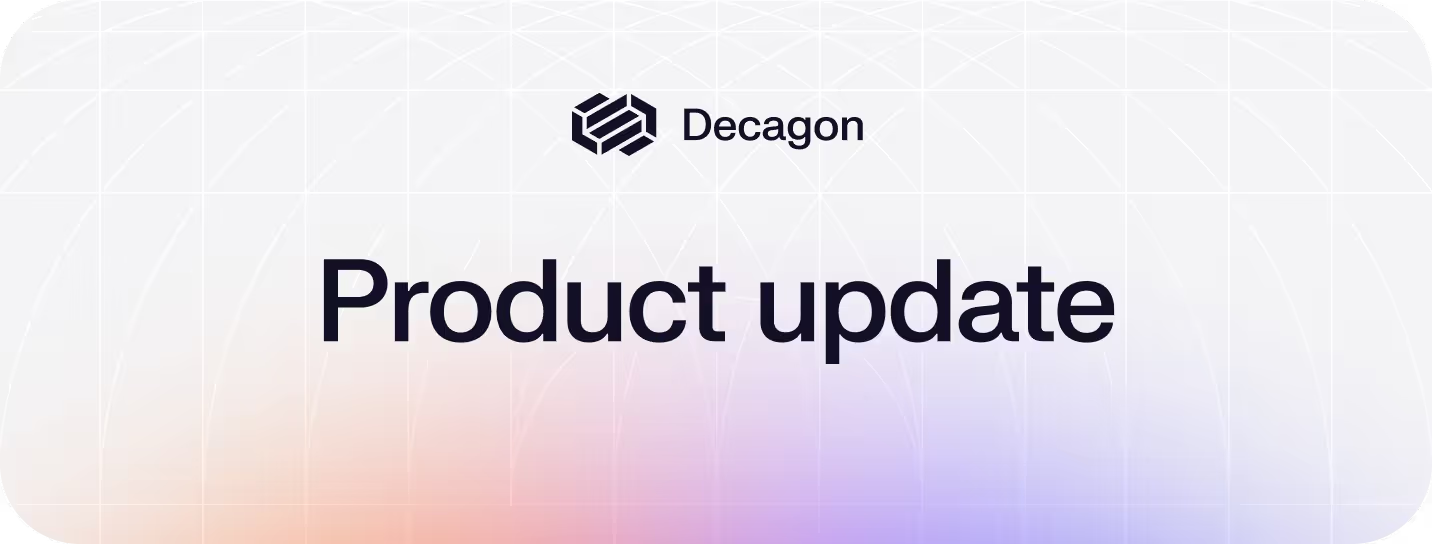
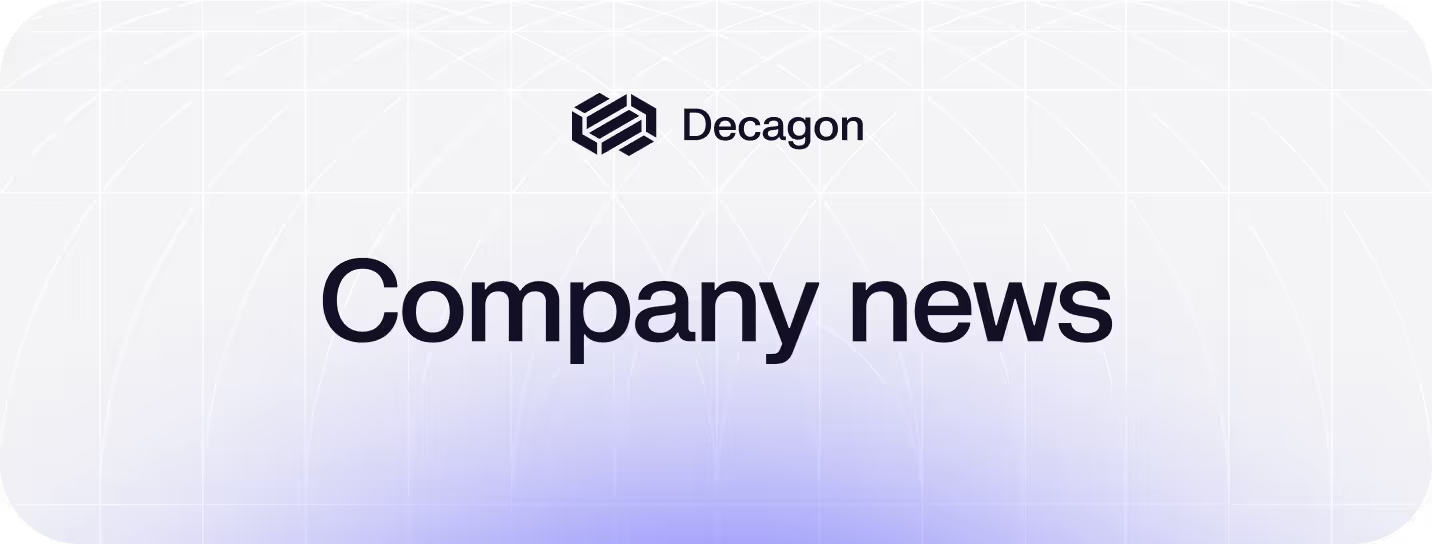
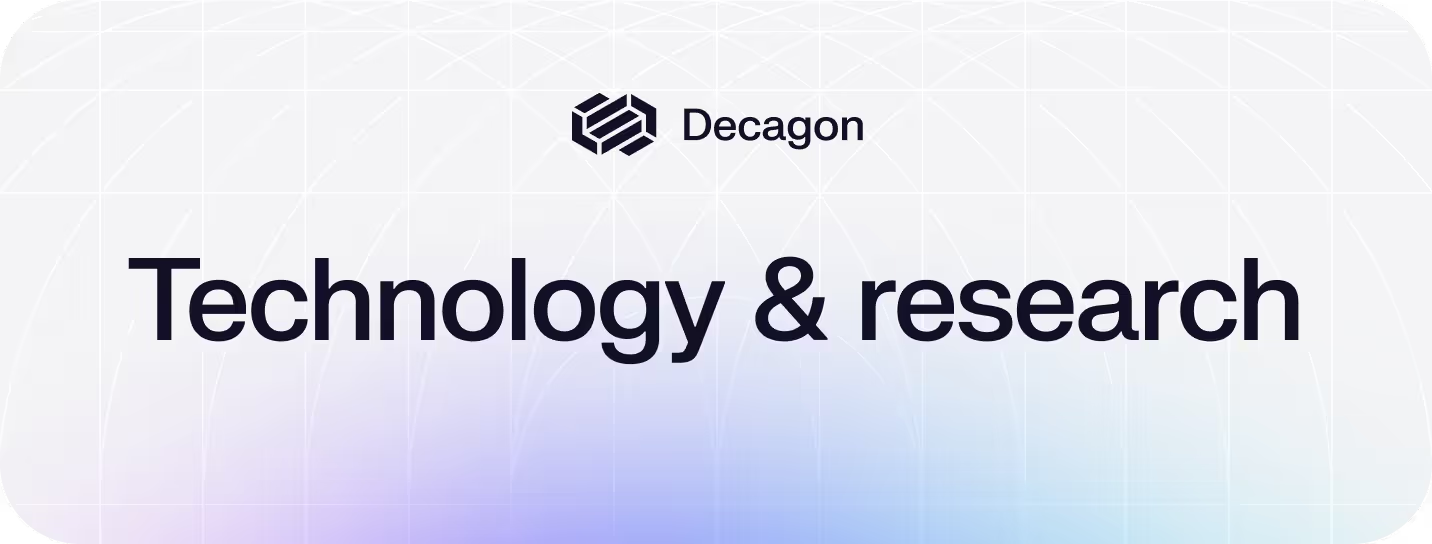
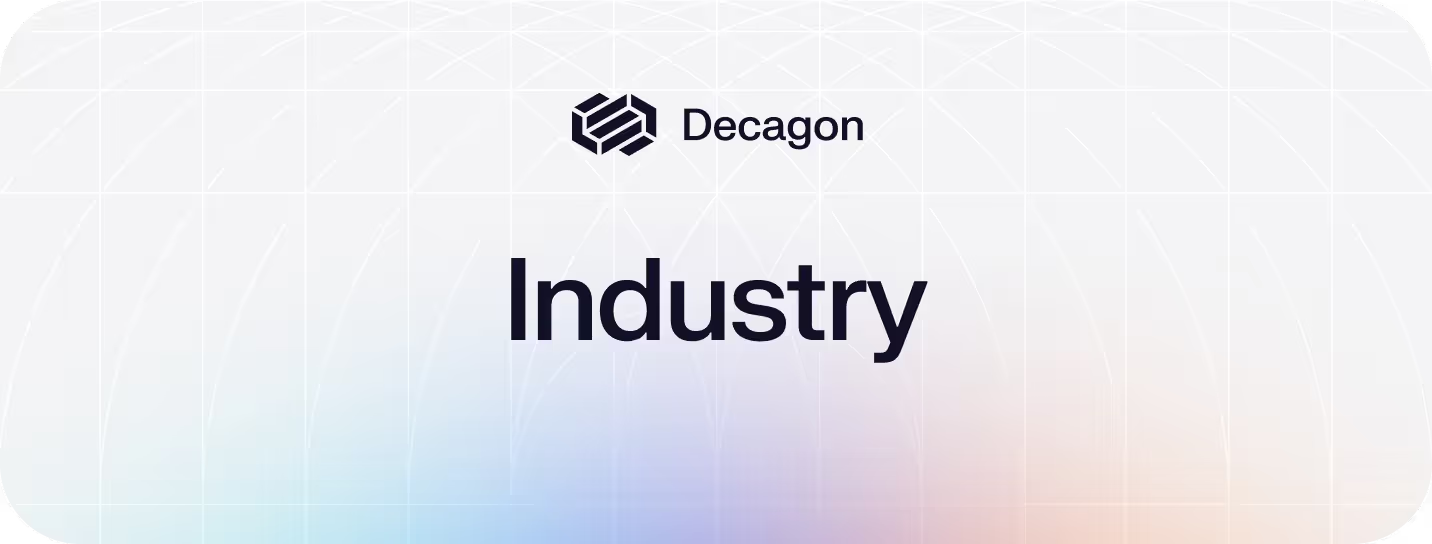
Introducing Agent Versioning: engineering-grade governance for AI agents
November 5, 2025
We’re excited to introduce Agent Versioning, a new approach that enables teams to safely and intelligently evolve their AI agents. The age of AI agents gives businesses a chance to rethink how company policies and SOPs are designed. Instead of relying on intuition, those same policies can now become measurable experiments. Every update to a brand and tone guideline, AOP, or tool can be tested, validated, and rolled out with precision.
With Agent Versioning, teams can experiment safely, track impact through live data, and deploy with confidence. For developers and technical leaders, it bridges two priorities that often conflict: the need for agility to ship improvements quickly and the requirement for governance to maintain stable production.
The foundation for controlled agent evolution
Agent Versioning introduces a structured, data-backed way to evolve AI agents while empowering teams to experiment, measure, and improve continuously. Technical teams can apply software development best practices to agent workflows, while non-technical teams gain visibility into how updates affect live conversations. It turns what was once a DevOps-only process into a shared system of record, so everyone involved in building, optimizing, and scaling agents can move faster with confidence.
With Agent Versioning, users can:
- Experiment safely across isolated Workspaces, editing and testing AOPs, tools, and guidelines without impacting your live agent.
- Version and validate with Git-based tracking and in-console controls, ensuring every change is traceable, reviewable, and reversible.
- Govern with confidence and enterprise-grade control, enabling structured reviews, auditability, and coordination across distributed teams.
Safe, Workspace-based updates
Agent Versioning builds on Decagon’s version-controlled foundation and applies CI/CD principles to ensure every AOP, tool, and guideline edit is tracked as a versioned commit. Each Workspace functions as an isolated environment (e.g., production, staging, or custom), where teams can iterate freely without impacting the live agent. Teams can collaborate safely across Workspaces, editing different components without overwriting each other’s work.
Developers can manage versions directly in GitHub, while product and CX teams can do the same in the Decagon console— reviewing diffs, rolling back versions, or tracking which agent version handled a specific conversation. Changes can be tested with unit tests or Simulations before being published to production. Guardrails maintain valid traffic allocation and prevent conflicts, giving organizations the confidence to test safely in production while keeping behavior predictable.
Data-backed experimentation
Every rollout generates measurable evidence of impact. Teams can compare metrics like CSAT, deflection, and conversation volume between any two production versions that share traffic windows. Built-in charts and tables visualize trends over time, helping teams understand not just what changed but how it performed.
Teams can benchmark a new version against a known baseline to see whether an AOP adjustment, tone change, or tool update improved results. For example, a team might test two approaches to handling partial refunds, one with proactive credit offers and another requiring approval. Version data can be used to identify which approach resolves issues faster and increases satisfaction. Every release becomes an experiment, helping CX, product, and engineering teams make data-backed decisions that shape smarter policies and better customer experiences.

Enterprise-grade governance
Agent Versioning supports the rigorous review and deployment workflows enterprises expect. It integrates with existing GitHub pipelines, bringing structure and auditability to AI agent management. Admins can tailor oversight to match organizational needs, such as lightweight for fast-moving teams, or approval-based for regulated environments.
Each commit triggers alerts summarizing who made changes and linking to Git diffs, keeping cross-functional teams aligned without adding friction. Audit logs and branch protections preserve accountability at scale, while flexible staging options accommodate formal testing and release gates. This approach allows large organizations to align AI agent management with the same compliance, security, and DevOps standards that govern their core software systems.
Treat agent versioning as a first-class discipline
AI agents are dynamic systems that evolve as teams refine rules, workflows, and logic. Like any product, they must be managed, tested, and improved continuously. Agent Versioning gives organizations the structure to make updates responsibly, providing visibility, control, and compliance.
For enterprises scaling AI, versioning becomes the foundation of responsible innovation. Treating versioning as a core discipline allows teams to move faster without adding risks, making every release better and safer.
Ready to see how Agent Versioning fits within your team’s workflow? Book a demo to explore how Decagon brings structure, data, and control to AI agent optimization. For existing customers, contact your APM for a walkthrough.






